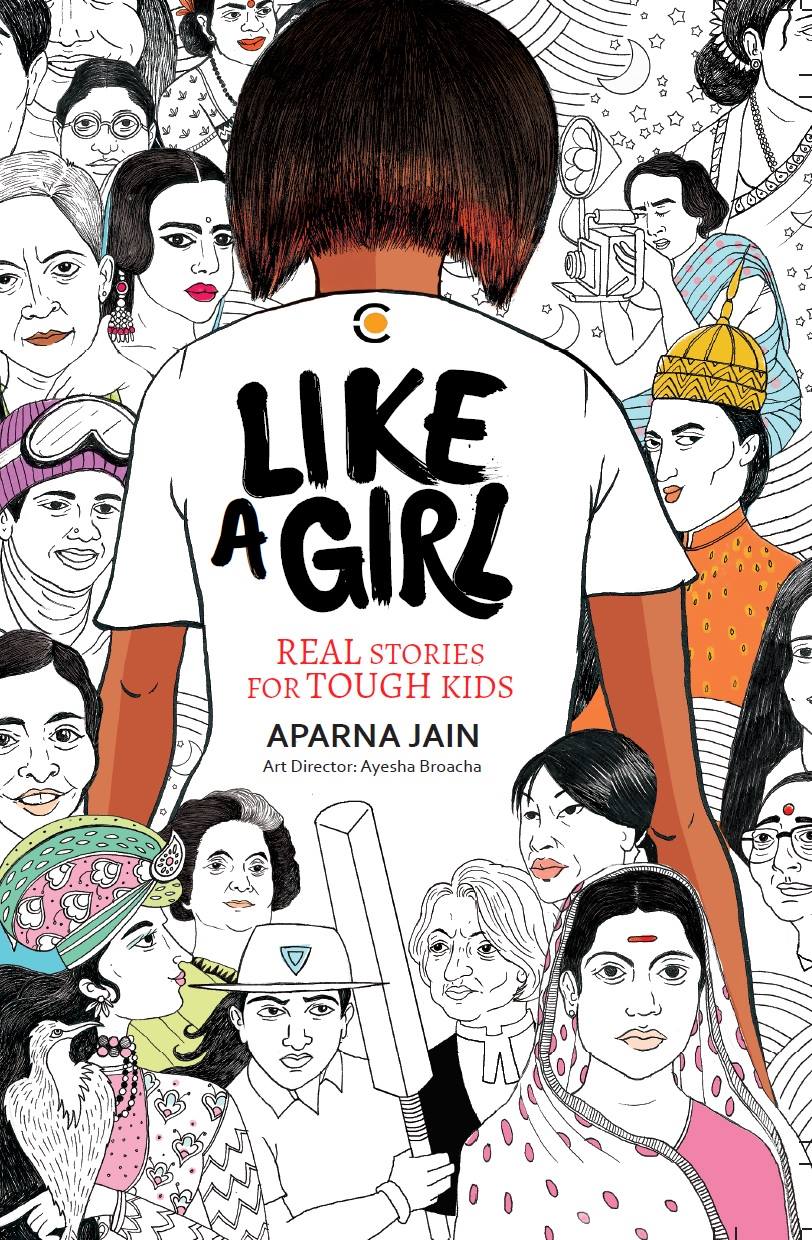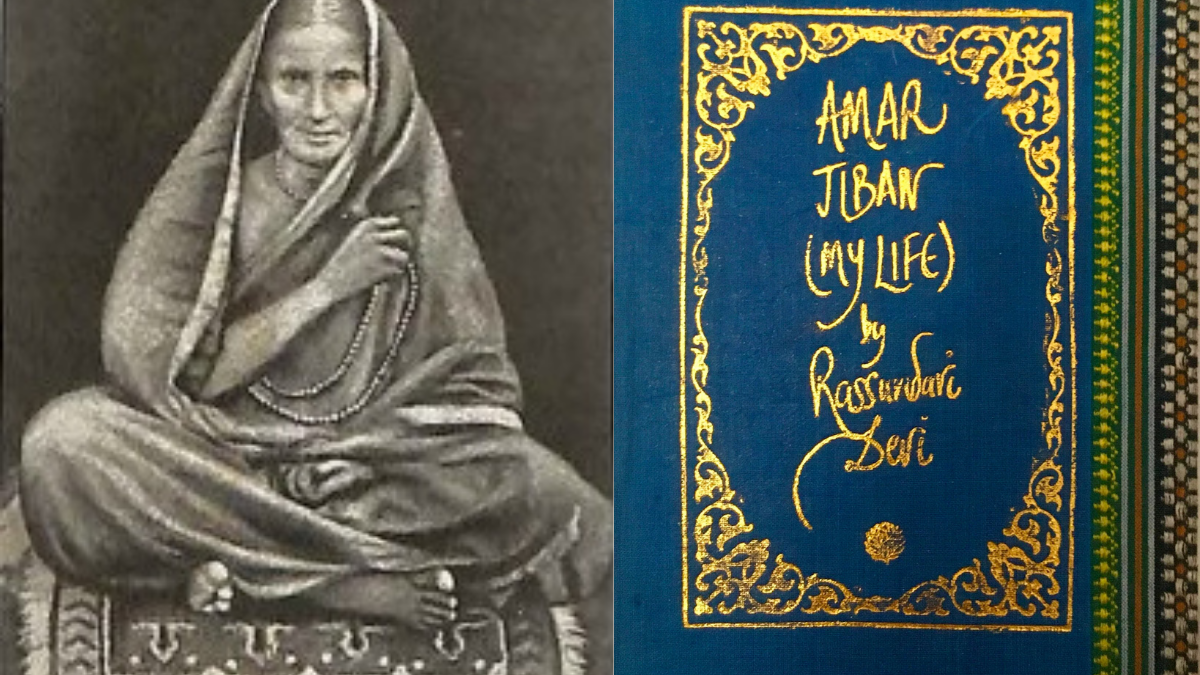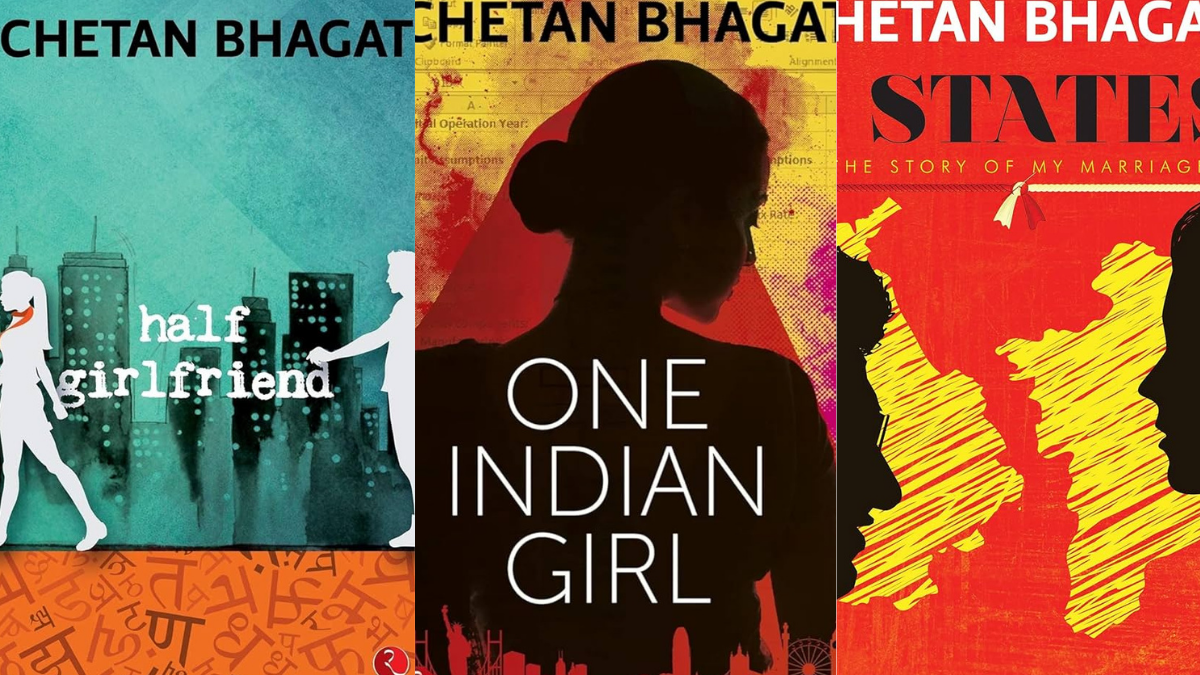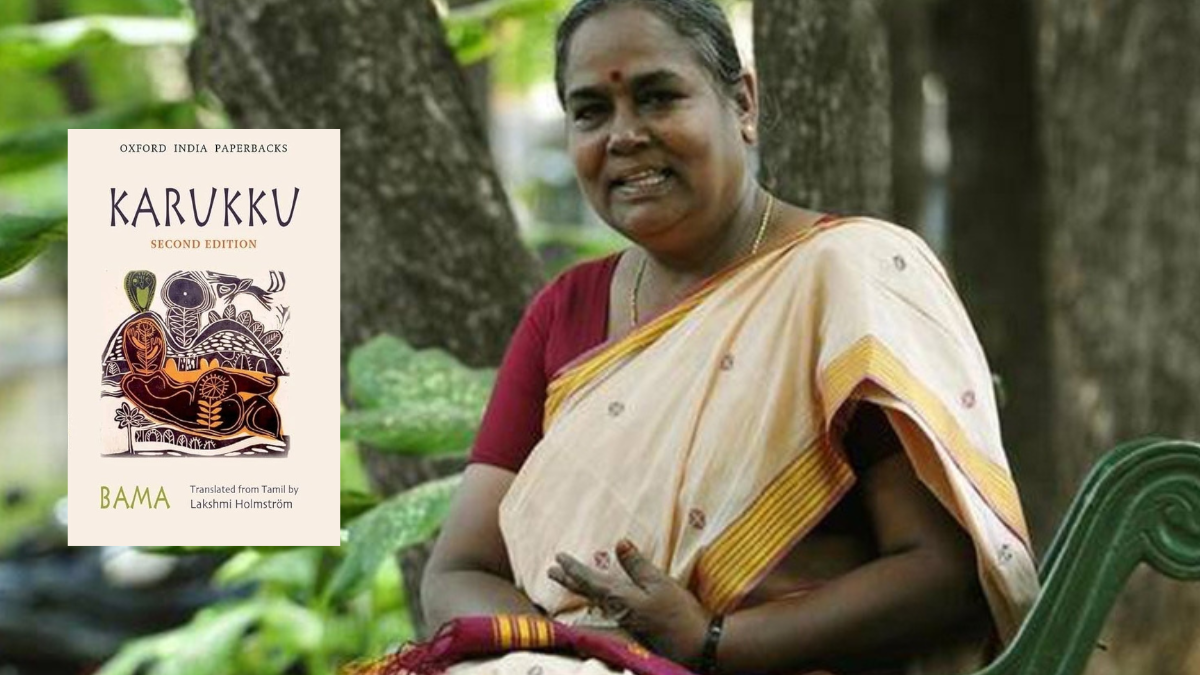Do you ever get the feeling that girls have it less easy than boys? Have you been told to behave ‘like a girl’? That you should learn to cook and be nice and keep your legs crossed?
Well, here are the stories of fifty-six women who broke the rules to forge new paths for themselves and others.
Adventurous and ambitious, they fought battles and legal cases. They won elections and matches. They climbed mountains and mastered science. Best of all, they never stopped chasing their dreams.
Read about them. Talk about them. Get inspired.
And go change the world!
ELA R. BHATT
In Sewa
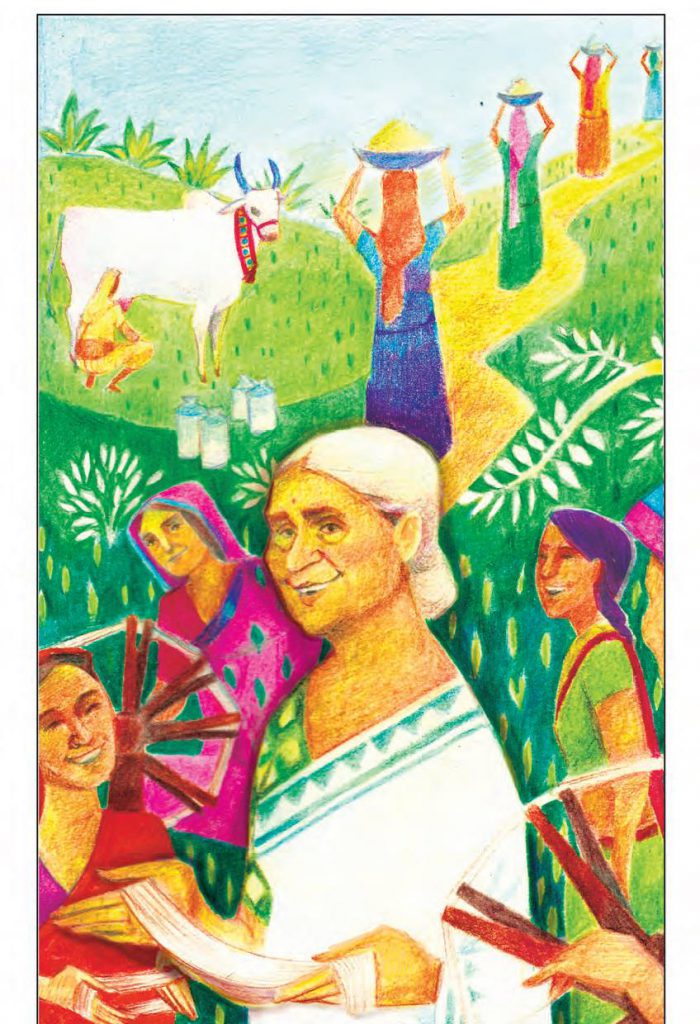
Ela Bhatt Illustration: Priyanka Tampi
Ela was born in 1933, when India was in the throes of the freedom
struggle. Ela’s family was also part of the movement. As a child, she and
her two sisters saw several of their family members going to jail. There
were many conversations in their home about Gandhiji and freedom.
Shy, serious Ela would sit quietly and listen to all the adults talk.
When Ela was nine years old, a policeman entered their home to do a
surprise check for anything that could be construed as anti-British. As he
went towards the pooja room, Ela, who knew there was a banned book
there, stopped him and said that he could not enter the room as he had
not had a bath. He left.
One summer, Ela and her cousins got together and crept into their
neighbour’s mango orchard to play. They plucked three raw mangoes,
went back home and made a little salad for lunch. When the family sat
down to eat, Ela’s aunt asked where the mangoes had come from. The
neighbour’s garden, they replied. Ela’s father asked them if they had
taken permission to pluck the mangoes. When the cousins told him that
there had been no one in the orchard except the watchman, he said, ‘Did
you ask the watchman’s permission?’ The cousins looked down at their
plates and shook their heads. Ela’s father was unhappy. ‘Do you know
that you have committed a theft? You have to take permission before
taking something,’ he said. He and Ela’s mother quietly left the table. Ela
realised then that she had done something very wrong.
Many years later, Ela was riding her scooter back from work one day,
when a policeman stopped the traffic on her side at a crossing. Not far
from her, a couple was pulling a fully loaded hand-cart—they couldn’t
stop in time because the cart had no brakes. They both fell and were
seriously injured. Ela and a few other people helped them up and took
them to a hospital. Ela was a qualified lawyer by now and she thought
that since the incident had happened when the couple was at work,
their employers should pay the hospital bill. But according to the labour
laws, as the husband and wife were informal workers, the employers
owed them nothing.
Ela went on to study in Israel, where she was inspired by the manner
in which the Israeli labour force was organised. They had unions and
worked in co-operatives for the most part. In India, on the other hand,
90 per cent of the workers were unorganised and not protected by
the law.
Her head brimming with ideas, Ela returned to India and formed a union
and then a co-operative bank for poor working women. The union was
named SEWA (Self-Employed Women’s Association). She wanted to
protect women who were not recognised as workers—even those who
did simple jobs like milking a cow. The milk went to the market and
contributed to the economy, but the woman’s effort was not recognised
as real work. Ela decided to change that. She wanted informal women
workers to get loans from banks, and to be able to avail of healthcare and childcare. She started by providing services to 4000 women. Now SEWA protects 15 lakh women and is growing every day.
Ela lives by the motto ‘peed paraayi jaane re’. She wishes children
everywhere would learn to be more empathetic and compassionate.
Excerpted with permission from Like A Girl by Aparna Jain, Context. You can buy the book here.
Also read: SEWA: Making Women Self Sufficient Since The ’70s
Featured Image Credit: Book cover of Like A Girl illustrated by Priya Kuriyan
About the author(s)
Feminism In India is an award-winning digital intersectional feminist media organisation to learn, educate and develop a feminist sensibility and unravel the F-word among the youth in India.
